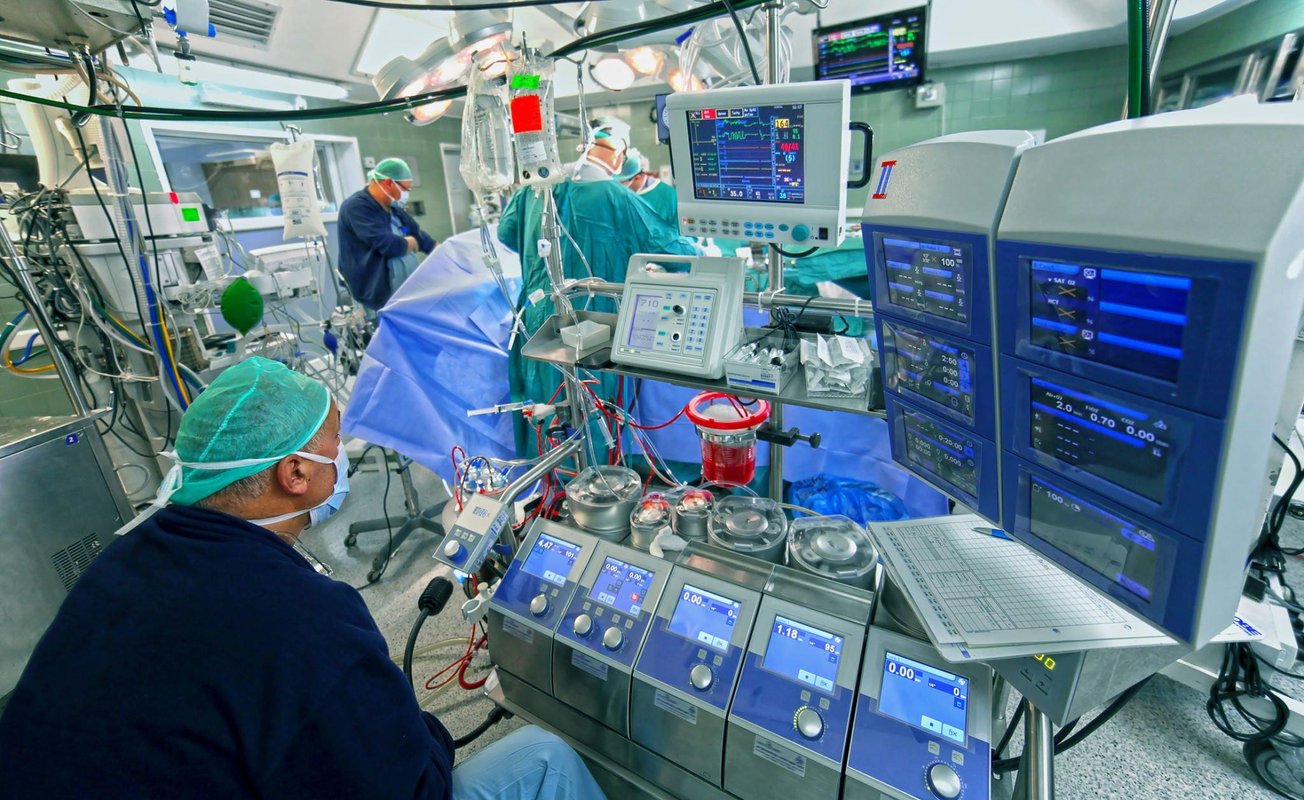Is Critical Care Nurse a Good Job? Pros and Cons

Becoming a critical care nurse can be a rewarding and challenging career choice. Critical care nurses play a vital role in providing specialized care to patients who are in critical condition. They work in intensive care units (ICUs) and are responsible for monitoring and managing patients with life-threatening illnesses or injuries. In this blog post, we will explore the pros and cons of being a critical care nurse, the essential skills and qualifications needed for this career, the career outlook, and factors to consider before deciding on this path.
Career Outlook for Critical Care Nurses
The career outlook for critical care nurses is promising. The demand for critical care nurses is expected to grow in the coming years, driven by factors such as the aging population, advancements in medical technology, and the increasing prevalence of chronic diseases. Critical care nurses with specialized certifications and advanced degrees will have even better job prospects and opportunities for career advancement.
Factors to Consider Before Deciding on a Career as a Critical Care Nurse:
Before pursuing a career as a critical care nurse, it is essential to consider the following factors:
-
Personal Suitability: Critical care nursing requires individuals who thrive in fast-paced and high-stress environments. It is crucial to assess whether you have the temperament, resilience, and emotional stability to handle the challenges of this profession.
-
Work-Life Balance: Critical care nursing often involves long and irregular hours, including night shifts, weekends, and holidays. It is important to consider if this work schedule aligns with your lifestyle and family commitments.
-
Physical Demands: Critical care nurses may need to lift and move patients, stand for long periods, and perform physically demanding tasks. Consider whether you are physically capable of meeting these demands.
-
Training and Education: Pursuing a career as a critical care nurse requires obtaining a nursing degree and gaining experience in a critical care setting. Research the educational requirements and training programs available to ensure you are prepared for the journey.
Final Thoughts
Becoming a critical care nurse can be a fulfilling and rewarding career choice, but it is not without its challenges. It is crucial to carefully consider the pros and cons, assess your suitability for the role, and ensure you have the necessary skills and qualifications. Platforms like Dreambound can help you find the right vocational training programs to kickstart your career as a critical care nurse. Dreambound provides comprehensive information and resources to guide you in your educational journey, helping you find the perfect class that aligns with your goals and aspirations.
Dreambound has put together numerous guides to help you navigate the certification process in this field, tailored for various locations. For insights into the process or requirements in different states, see some of our additional guides below.
- How to Become a Critical Care Nurse in Alaska
- How to Become a Critical Care Nurse in Indiana
- How to Become a Critical Care Nurse in Nebraska
- How to Become a Critical Care Nurse in New Jersey
- How to Become a Critical Care Nurse in West Virginia
Are you exploring diverse professional opportunities? Take a closer look at these resources that Dreambound has written to help in your search.

Fel is a student support representative who guides enrollees to the right program and answers their queries. She's committed to helping students and takes pride in her work. In her free time, she enjoys sightseeing and hanging out with loved ones.



